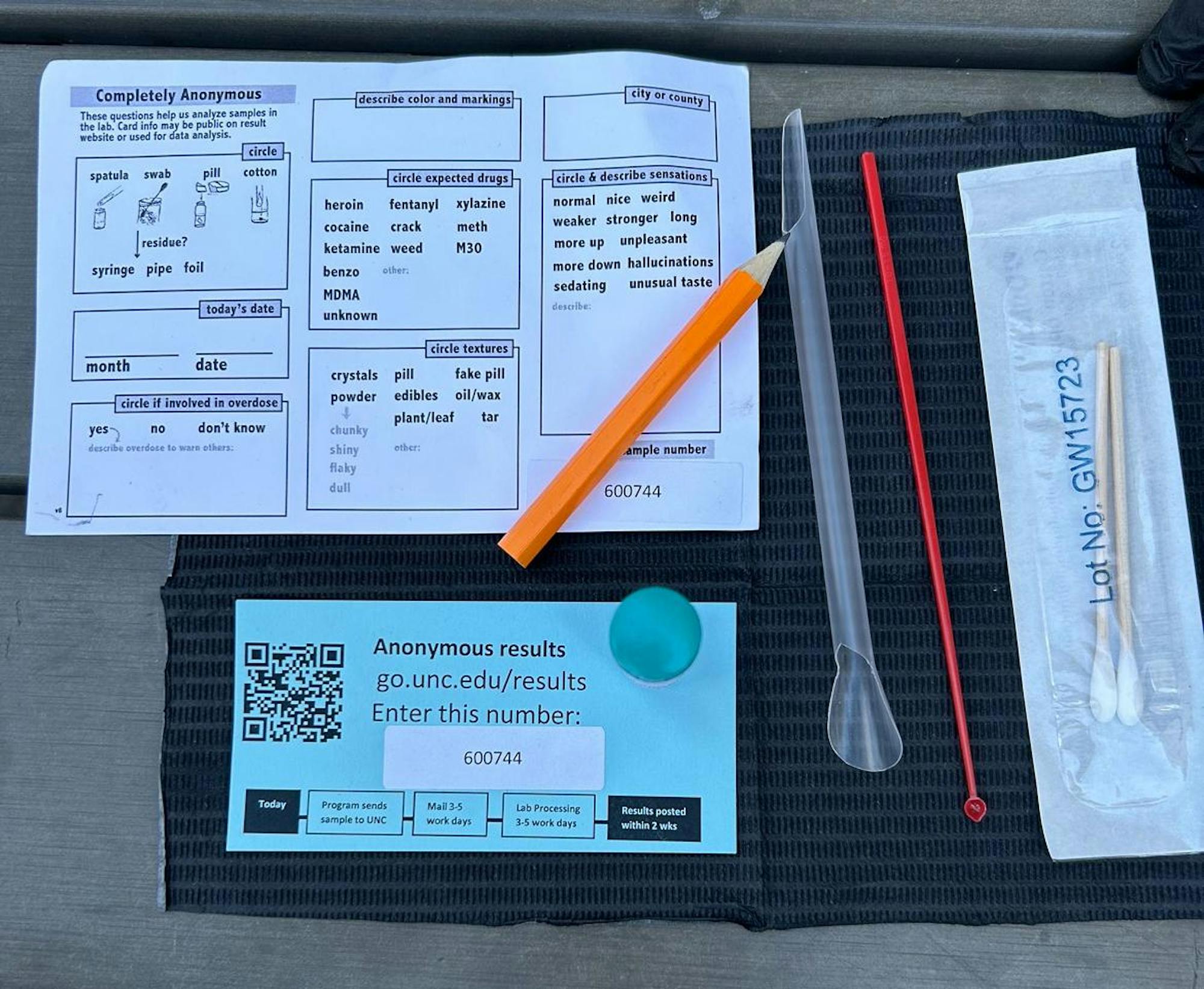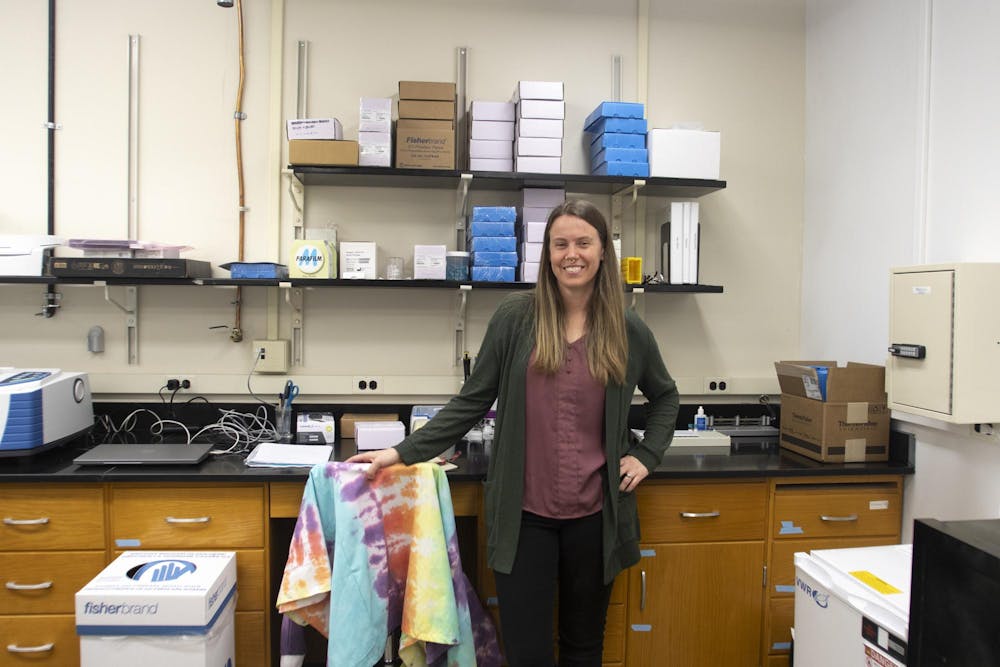The UNC Street Drug Analysis Lab anonymously tests substances to see if they are laced with outside substances, like fentanyl. Scientists then upload the results onto their website, which can be accessed by the public.
Located in Caudill Labs, the program has gained national attention since it was founded by Nabarun Dasgupta, a senior scientist at the UNC Injury Prevention Research Center in 2022. The lab partners with different programs throughout the community — including syringe service programs, drug user unions, local health departments and opioid treatment providers.
“What we do is get people's results in a very quick manner so that they can make better decisions about what they are putting in their bodies,” Dasgupta said.
After reaching out to the lab, organizations that want to partner with the initiative must first be vetted by the lab's community liaison Colin Miller.The lab does not publicly share the programs that they work with, but Miller said a number of them are North Carolina-based syringe service programs and local health departments.
After being approved, the lab sends the partnering organizations kits that include a card for the drug user to fill out identifying the expected drug and the method and its form — including pills, powder and liquids — along with sensations the consumer may have felt if the drug has already been taken.

Individuals who get their drugs tested put a small amount of the substance into a lab-provided vile of acetonitrile, a liquid that renders the substance unusable, before the kit is sent back to the lab for testing.
“We make it a requirement of the programs that we work with that they do not collect any personal information,” Miller said. “So people that are dropping these drugs off, as far as the samples go, they don’t have to give any name or identifying information at all.”
The lab analyzes its samples using a Gas Chromatograph-Mass Spectrometer, an instrument that separates components in a mixture before identifying them. This is how substances within the drug are identified.



